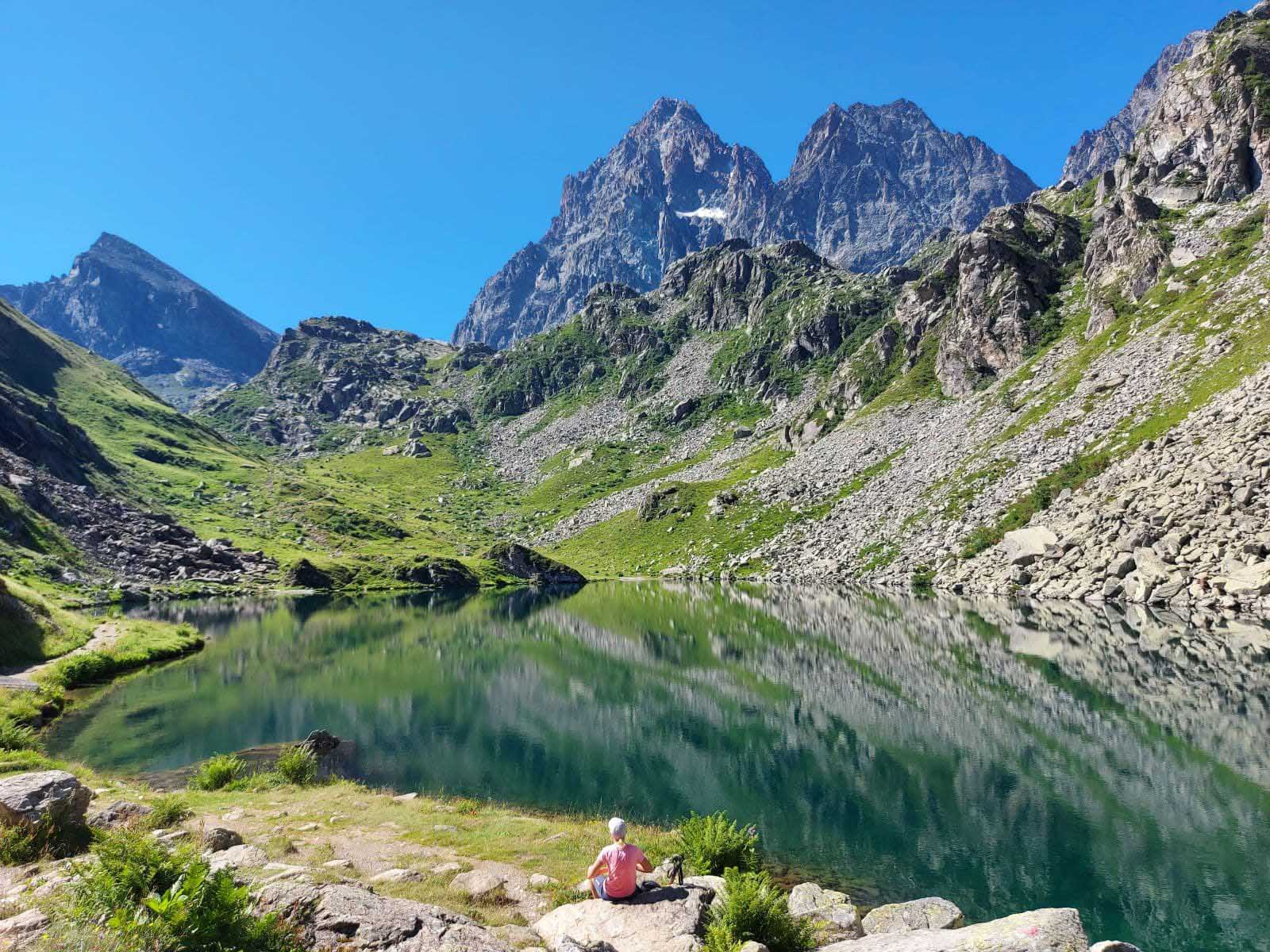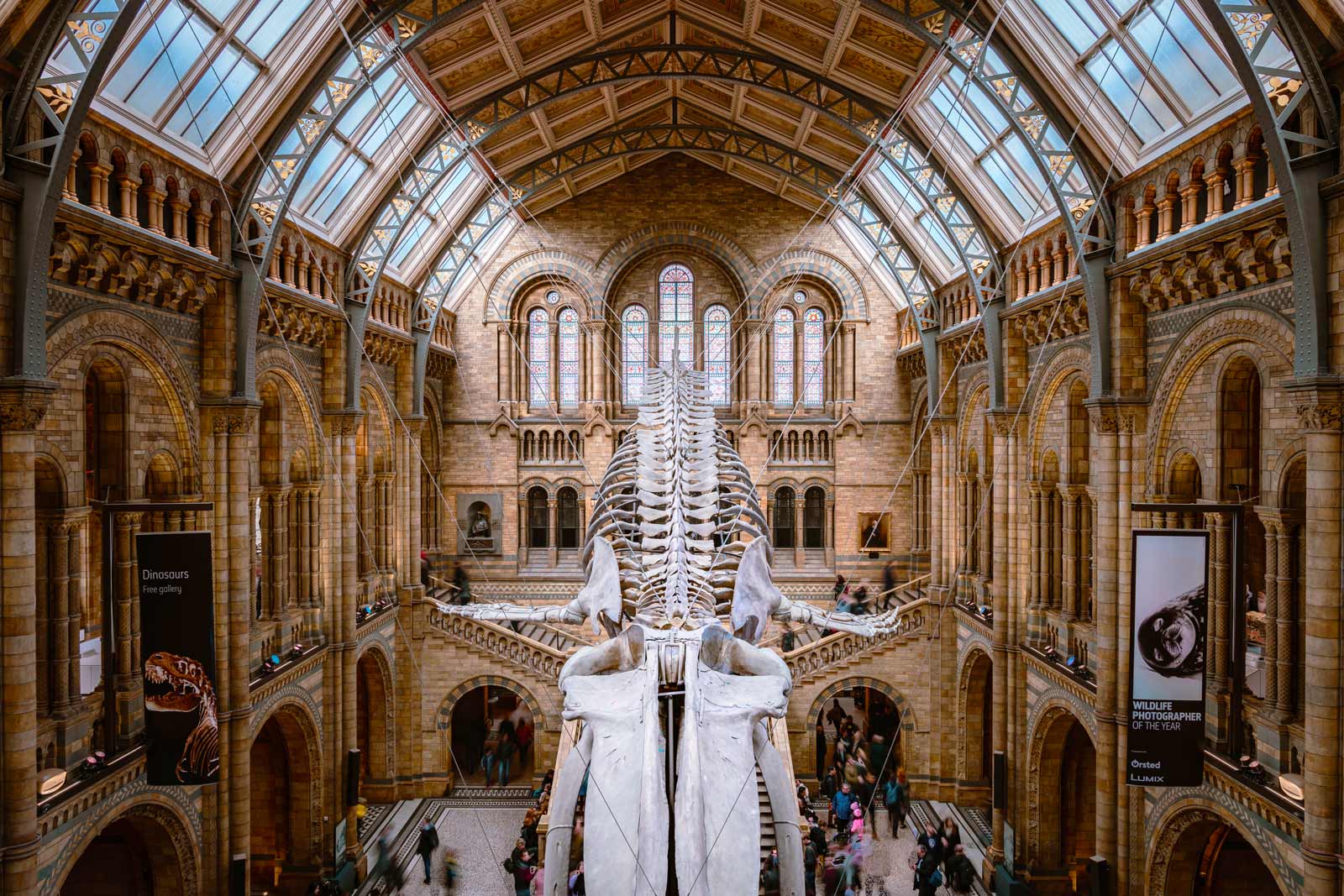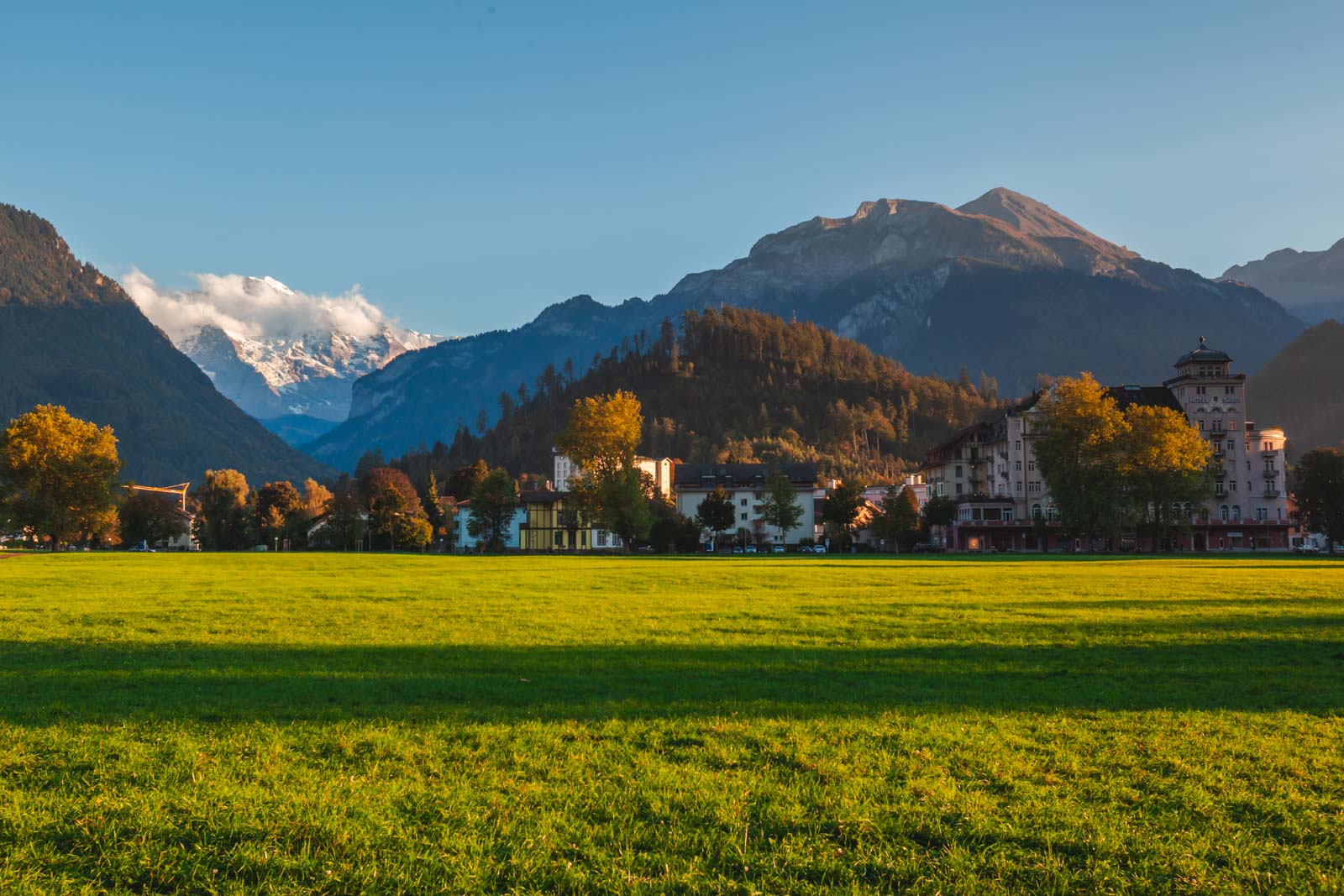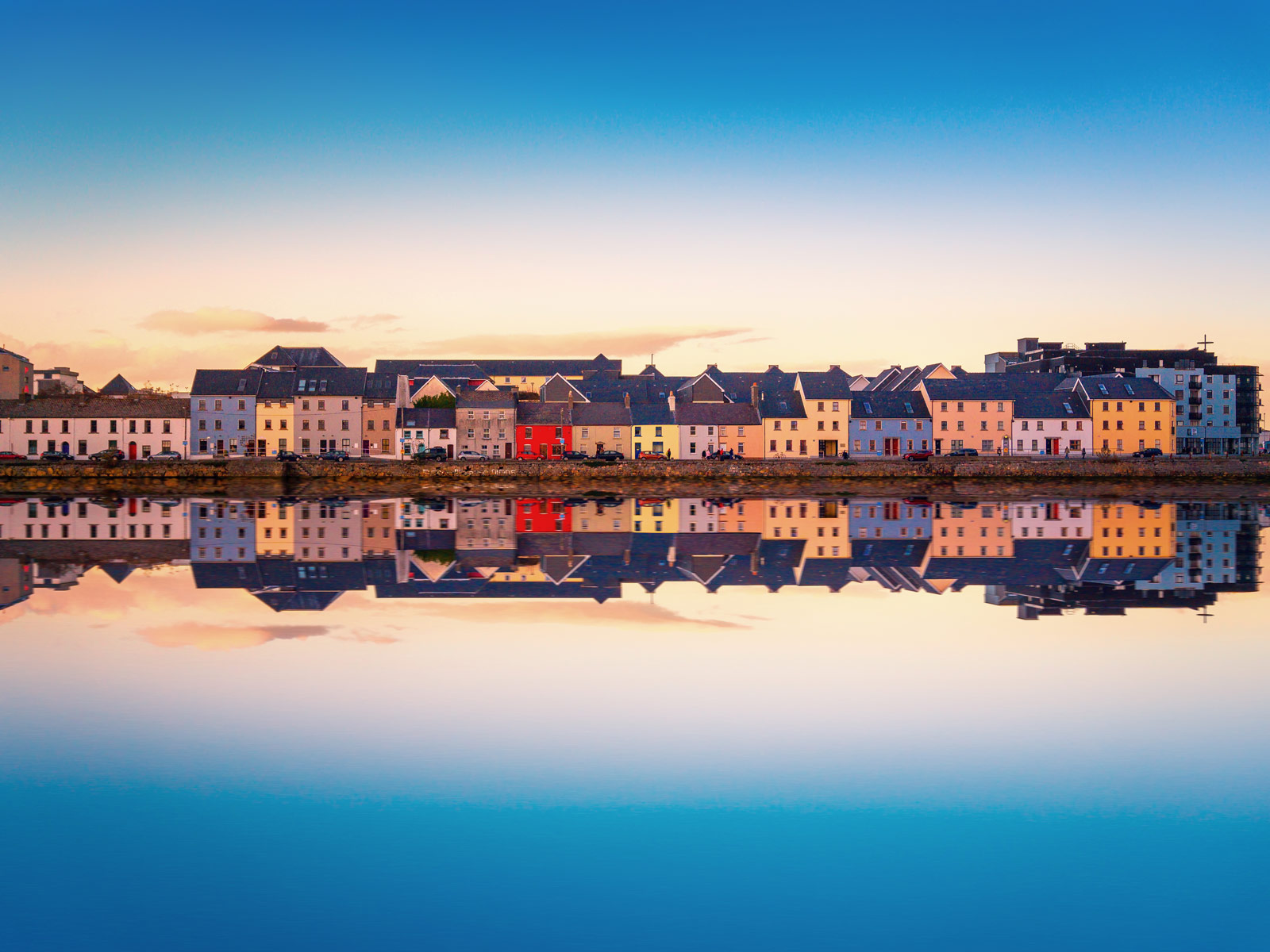[ad_1]
Are you looking for an authentic and beautiful Italian holiday destination away from the masses? Piedmont, one of the most beautiful and culturally richest regions, is a true and quite unknown jewel in northwest Italy. The second largest region of the country, there are so many things to do in Piedmont, you’ll be surprised you didn’t think of it sooner. Piedmont has an alpine border to the north with Switzerland and to the west with France.
Top Things to Do in Piedmont, Italy

In the middle of the region lies the flat Po plain housing Piedmont’s biggest cities. The capital Turin, and Novara the region’s second-largest city, are both located here. Novara is just 100km northeast of Turin and is surrounded by large rice fields which is no surprise as Piedmont is the largest rice supplier in Europe.
Translated from Latin, Piedmont means “at the foot of the mountains”. With its rolling hills, majestic Alps, and a multitude of charming towns and villages, its name suits its beautiful setting.
Planning Your Trip To Piedmont, Italy Right Now?
Below are some of the top tours in Piedmont. Don’t forget to plan ahead when visiting Piedmont, Italy!
Top Activities and Tours in Piedmont:
From vineyards and truffle plantations (for gourmets and slow food movement lovers) to historically significant castles and fortresses for culture lovers, to breathtaking natural beauty for outdoor enthusiasts, Piedmont has something for everyone.
In the hill country, southeast of the region, there is mainly agriculture and viticulture. Among others, the world-famous Barolo wine is produced in this UNESCO-recognized cultural region. The river Po, Italy’s longest river, rises beneath the Monviso mountain (3841m) and flows 652km until reaching the Adriatic Sea. It is no wonder this region is known for its wine culture and delicious food.

Being still a hidden gem as a holiday destination, you can expect to enjoy lots of beauty and sights without the typical tourist masses, known from other Italian places. Here are just some of the best things to do and see in the unknown region of Piedmont.
1. Turin

Turin is the largest city and capital of Piedmont. In 1861, when the Republic of Italy was founded, Turin was even the capital of the entire country. Today, with a population of nearly one million people, it is the fourth largest city in Italy and the most important economic and cultural hub in Italy’s northwest.
A landmark of the city and one of the most famous buildings of Turin is the Mole Antonelliana. Originally built as a synagogue, the interesting monument now houses the National Museum of Cinema and offers a breathtaking view of the city from the observation deck at the top.
Another important sight is the cathedral, the Duomo of Turin. It was built in the 15th century and is mostly known for conserving the controversial Shroud of Jesus.

Around the beautiful Piazza Castello, one of the central squares of the city, there are magnificent baroque buildings and palaces. For example, the royal palace, Palazzo Reale, the former residence of the kings of Savoy. Visitors can stroll through the magnificent rooms, furnished with beautiful paintings, furniture, and works of art, and get a glimpse into the life of the royal family. The adjacent Palazzo Madama now houses an art museum.
The famous Egyptian Museum is one of the world’s largest museums of Egyptian art and history with over 32000 artifacts. In the national car museum, you can admire over 200 vehicles from 85 manufacturers from 13 countries.
Every Saturday, Turin’s Piazza della Repubblica hosts the largest open-air market in Europe. There really is everything in a sales area of over 50,000 m², from household goods and local fruit and vegetables to watches and jewelry.
2. Residences of the Savoy Family

The House of Savoy is a dynasty from the French high nobility that ruled over the territories of Savoy and Piedmont from the 14th century and provided the kings of Italy from 1861 to 1946. At times, the ruling dynasty also ruled over parts of western Switzerland, the county of Nice, and Sardinia.
Since 1997, 22 castles and palazzi of the House of Savoy have been recognized as “Residences of the Royal House of Savoy” UNESCO World Heritage Site. 14 buildings are located within the city of Turin, including the Palazzo Reale, and 9 others are strategically positioned around the capital.
The most famous Savoy residence in Piedmont is the Reggia di Venaria Reale, just 5km northwest of Turin.

Italy’s second largest castle includes the magnificent 17th-century palace, a 60-hectare castle park, the historic village (borgo) formerly laid out for the castle’s servants, and the 3000-hectare Parco della Mandria, once the royal hunting grounds, now a fenced-in nature and wildlife park.
Another jewel of Savoy residences is the Castello di Rivoli, perched on a hill overlooking the town of Rivoli. The palace was built in the 17th century and now houses a museum of contemporary art.
The Palazzina di Stupinigi is another example of the impressive architecture of Savoy residences. The palace was built in the 18th century and was once the favorite castle of King Victor Amadeus II. Visitors here can tour the magnificent interiors of the palace and stroll through the beautiful gardens and parks.
3. Lago Maggiore

Lake Maggiore is one of the largest lakes in Italy. It stretches across the regions of Piedmont in the west, Lombardy in the east, and neighboring Switzerland, to which the northern shore belongs. The Piedmont side of the lake has many charming places and landscapes to discover.
One of the most beautiful villages is undoubtedly Stresa, known for its breathtaking gardens and architectural treasures. The offshore Borromean Islands in Lake Maggiore are a truly magical place. Visitors can tour the impressive Borromeo Palace and beautiful gardens on Isola Bella, admire an impressive collection of exotic plants on Isola Madre, or enjoy local specialties, mainly fish, on Isola dei Pescatori.

On Lake Maggiore, there is also Cannobio, known for its narrow streets, historic buildings, and a weekly market on Sundays.
The Rocca di Angera is another famous landmark on the Piedmont shore of Lake Maggiore. This medieval castle sits majestically on a hill and offers a breathtaking view of the lake and the surrounding mountains.
Just behind the picturesque coastal villages begins the nature reserve of Val Grande. It is one of the largest untouched forest areas in Europe and offers a lot of unspoiled nature.
Lake Maggiore offers many opportunities for activities such as boating, hiking, or cycling along the lakefront. The view of the Alps rising majestically above the lake is also particularly impressive.
4. Langhe, Monferrato, Roero

The rolling hills of Piedmont are known not only for their breathtaking scenery but also for their culinary specialties. Here you will find some of Italy’s finest wines, including Barolo, Barbaresco, and Dolcetto, as well as a variety of cheeses such as Castelmagno and Robiola.
The region is also famous for its truffles, especially the precious white truffle, which is one of the most expensive ingredients in the world. We would suggest trying your hand at truffle hunting, it is a lot of fun and you get to make some great dishes with your efforts.
Together, the Langhe-Roero and Monferrato wine regions were named UNESCO World Heritage sites in 2014.
In addition to the famous truffle market, the beautiful small town of Alba is also home to numerous historical sites, including the 15th-century Cathedral of San Lorenzo and the 13th-century Church of San Domenico. The town is also a good base for exploring the surrounding vineyards and wine tasting.
The little village of Barolo is the center of the eponymous wine and houses the renowned wine museum, the Museo del Vino. In addition, Barolo is home to a picturesque castle, Castello Falletti di Barolo, which today is a museum and offers stunning views of the surrounding countryside.

The small town of La Morra is known for its spectacular views of the vineyards and the Alps. The town is also a good place to sample local Piedmont food such as hazelnuts and the famous Barolo wine.
Bra, another small city within this area is the capital of the slow-food movement and the place where the international movement once was founded.
Other charming towns include the medieval village of Monforte d’Alba and the town of Dogliani, known for its excellent wines. Another highlight is Grinzane Cavour Castle, an imposing 13th-century castle that is now a museum offering insights into 19th-century life in Piedmont.
5. Sacra di San Michele

30km west of Turin, the impressive Abbey Sacra di San Michele is perched on a rocky spur. The abbey is not only the symbolic monument of the Piedmont region and one of the most important religious architectures of the entire Alps, but also one of the most important monuments in Italy. It was founded as early as the 10th century and had immense importance as a place of pilgrimage in the Middle Ages. Those who went on pilgrimage to Rome via the Western Alps stayed overnight in this monastery.

Perched on its rock at 960 meters above sea level, the former Benedictine abbey offers a spectacular panoramic view of the surrounding countryside, the Susa Valley, the Alps, and, on a clear day, even as far as Turin. The imposing Sacra di San Michele also inspired the world-famous writer Umberto Eco to write his novel “The Name of the Rose”.
The impressive complex includes a variety of buildings, such as the famous “Staircase of Death” and the basilica with the sarcophagi of the royal family of Savoy. Its special location and architecture make the Sacra di San Michele a must-see for Piedmont visitors even if it is only for the fantastic view.
6. Limone Piemonte and Colle di Tenda

The little mountain village of Limone Piemonte and the surrounding area is definitely a hidden gem, even for Italians. Limone Piemonte offers great skiing in winter and is a hiker’s paradise in summer. The small town is located in the south of the Piedmont region, about 120km south of Turin.
Nestled in the Maritime Alps, the little town lies on the border with France and is connected to the Ligurian Riviera and the Côte d’Azur by the international tunnel of Colle di Tenda. Limone is a member of the alpine pearls, an association of little towns in the Alps, committed to soft tourism which should be supported.
Winter sports fans will find 15 lifts and gondolas for 80km of slopes in the “Riserva Bianca” ski resort. In summer there is a large network of trails for hikers and mountain bikers. Especially along the mountain pass Colle di Tenda, 14km south of the village center, between Italy and France, there are many beautiful trails.
Along the panoramic border ridge, there are 6 impressive military fortress ruins from the 19th century, freely accessible for hiking and inhabited only by chamois. Mountain bikers can even reach the Mediterranean Sea on the “Via del Sale”, the old salt road, through spectacular former military roads along the watershed.
7. Forte di Fenestrelle

85km west of Turin, you will find the absolutely impressive Fenestrelle Fortress. It covers an area of 1.3 square kilometers, overcomes a height difference of 635m, and is thus the largest fortification in Europe. Moreover, it is the second largest masonry complex in the world after the Great Wall of China. The complex actually consists of three independent fortresses: San Carlo, Tre Denti, and Delle Valli. These 3 fortresses are connected to each other by a tunnel, which has in its interior the longest covered staircase in Europe. In total, there are almost 4000 steps that wind through the fortress complex.
The Fenestrelle Fortress can be visited on a short independent tour or with an (Italian) guided day tour which then covers all parts of the impressive complex.
8. Gran Paradiso National Park

The beautiful Gran Paradiso National Park is located northwest of Piedmont and in the adjacent region of Valle d’Aosta. It is the oldest national park in Italy, founded in 1922 for the protection of ibex. With an area of about 70000 hectares and five valleys, the park is a true paradise for nature lovers.
The mountain Gran Paradiso, the highest peak of the park with 4061m, gives its name. It is, by the way, the highest peak in Italy, which stands completely, even with the base, in the country.

More than 60% of the national park is located above 2200 meters of altitude and provides habitat for a variety of animal and plant species. Among other things, visitors can observe rare species of animals such as golden eagles, chamois, marmots, and alpine ibex.
The Nivolet plateau at 2600 m is the park’s centerpiece and starting point for many popular and stunning hikes. In summer, the pretty mountain village of Ceresole Reale offers a free shuttle service for all hikers who wish to reach the plateau via winding mountain passes. Exploring Gran Paradiso and Val Grande National Park is an unforgettable experience for nature enthusiasts, offering spectacular views of the Alps and their breathtaking beauty.
How To Get To Piedmont

The only international airport in the region is Torino Caselle, north of Turin. But even this one, is not a particularly large airport. Better and often cheaper is the journey via one of the 3 airports of neighboring Milan. There are trains every 30 Minutes between the 2 cities and the ride takes less than an hour. Additionally, there are regular direct buses from Milano Malpensa airport to Turin city center.
Getting Around Piedmont
The larger cities of Piedmont are easily accessible by train or bus, but as soon as you want to visit something in the countryside or away from bigger places, using public transportation is getting difficult. To really explore Piedmont, after having discovered what Turin has to offer, you should rent a car. A great road trip is a loop through Val di Susa and Val Chisone. Other fantastic drives will lead you through the picturesque vineyards of the Langhe Hills.
Best Time To Visit Piedmont

The beautiful Piedmont is worth a trip at any time of the year. In spring the weather is very pleasant and often already really warm, when elsewhere in Europe, still deep winter prevails. Also, many alpine flowers blossom in the mountains and lavender fields bloom in the southeast. The summer is often very hot and perfect for excursions, hikes, and mountain bike tours into the Alps.
In autumn it is grape harvest time in Piedmont and the landscape shines in beautiful reddish tones. Winter fans can explore plenty of ski slopes in the cold season. Especially the ski area around the mountain resort of Sestrière is popular. The so-called “Via Lattea” Ski resort is one of the largest in the world.
Where to stay in Piedmont

Where to stay in Piedmont depends on your interests as the region is quite large. Turin is generally a good starting point for sightseeing in the city and excursions to the north and west. However, you will always have to go through the city traffic.
If you want to go hiking or for excursions to the wine region, the small town of Cuneo, 100km south of Turin, is a good starting point. It is ideally located to explore several beautiful alpine valleys in Piedmont’s west and also the wine region around Alba and Asti is within an hour’s drive.
Why Should You Visit Piedmont, Italy

No matter if you are looking for a cultural holiday or an exciting outdoor adventure, you need to check out the north Italian region of Piedmont if you want to avoid the masses but not want to miss out on fantastic cities and impressive landscapes, combined with some of the world’s best food.
Plan Your Next Trip to Italy With These Resources
[ad_2]
Source link




